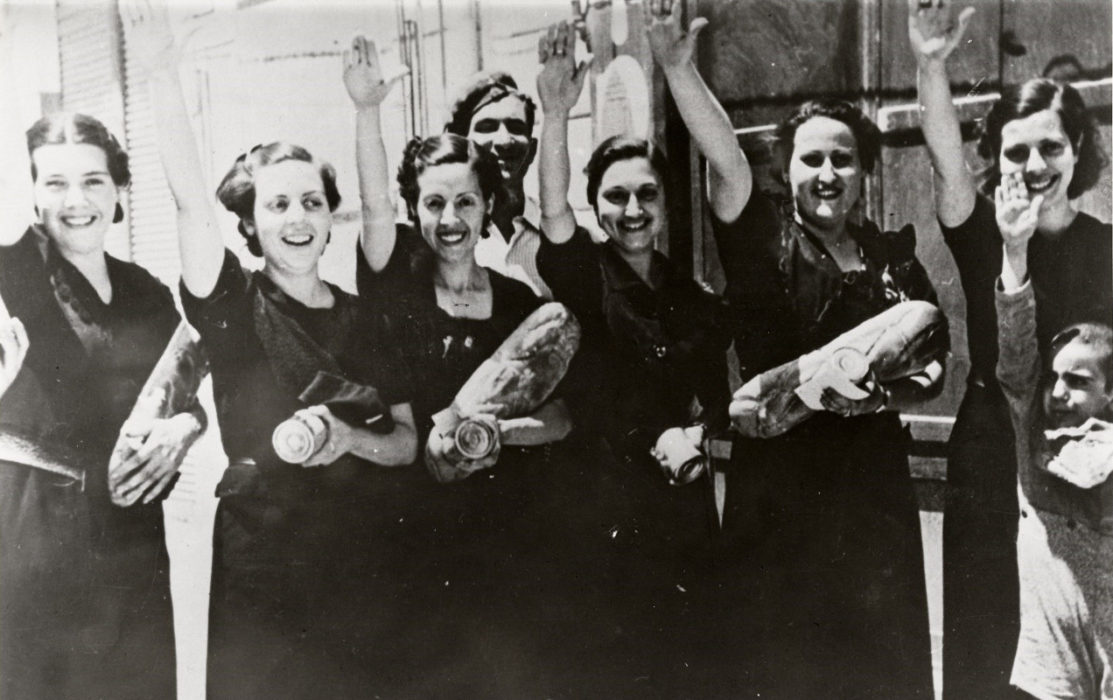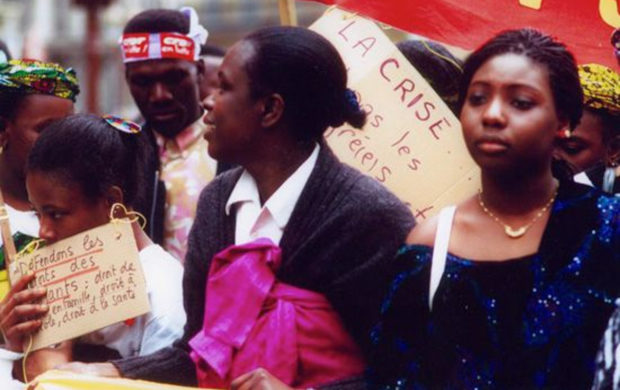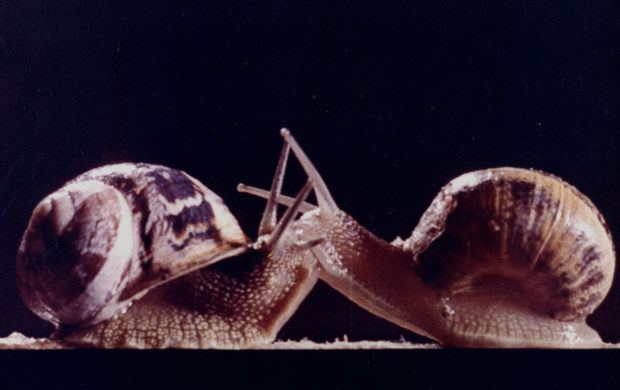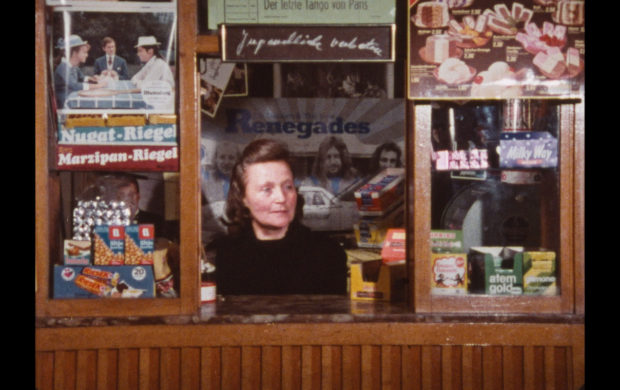SONGS FOR AFTER A WAR
- 1971
- Espagne
- 104 min
- langue : espagnol
Presented by Marian Del Egido, head of conservation and restoration center
Filmoteca Española
A documentary based on edited footage that explores the traumas of the post-war period in Spain, comparing images that remain alive in people’s memory and images filmed at the time. Canciones para después de una guerra (1971) was the film that led to a headon collision with the authorities of the dictatorship, which led Patino to move away from the industry to work on the fringes, clandestinely. Queridísimos verdugos (1973) and Caudillo (1974), the triptych represents a fundamental element for the construction of democratic memory within the country, still under the dictatorship.
Restorer – Filmoteca Española
Filmoteca Española is the institution in charge of the preservation of the Spanish film heritage within the Institute of Cinematography and Audiovisual Arts. It has a main mission : recover, investigate and preserve the cinematographic heritage, as well as promoting its knowledge. The International Federation of Film Archives (FIAF) -Filmoteca Española is a member since 1956- grants these institutions the status of historical archives. Its peculiarity lies in the fact that it is, at the same time, a living archive in charge of collecting and preserving the cinematographic documents that are currently being produced, guaranteeing their conservation and facilitating their knowledge for both research and informative purposes. It also investigates, recovers and restores the Spanish film heritage. Filmoteca Española catalogues and study the film collections, and complements them with other documents -books, magazines, posters, photographs, press-books, etc.- that constitute its library and graphic archive. In addition, it has an important collection of sound records, as well as an interesting series of objects related to the history of cinema and pre-cinema: cameras, magic lanterns, daguerreotypes, shadow puppets, projectors, laboratory equipment and other devices that extend in time from the seventeenth century to the present day.
- Production : Turner Films and Julio Pérez Tabernero
- Restorer : Filmoteca Española
- Contact : Noelia.sastre Senior Museum Technician, Film Found Filmoteca Española (noelia.sastre@cultura.gob.es)
- Progress stage : restored
- Availability date : Available




